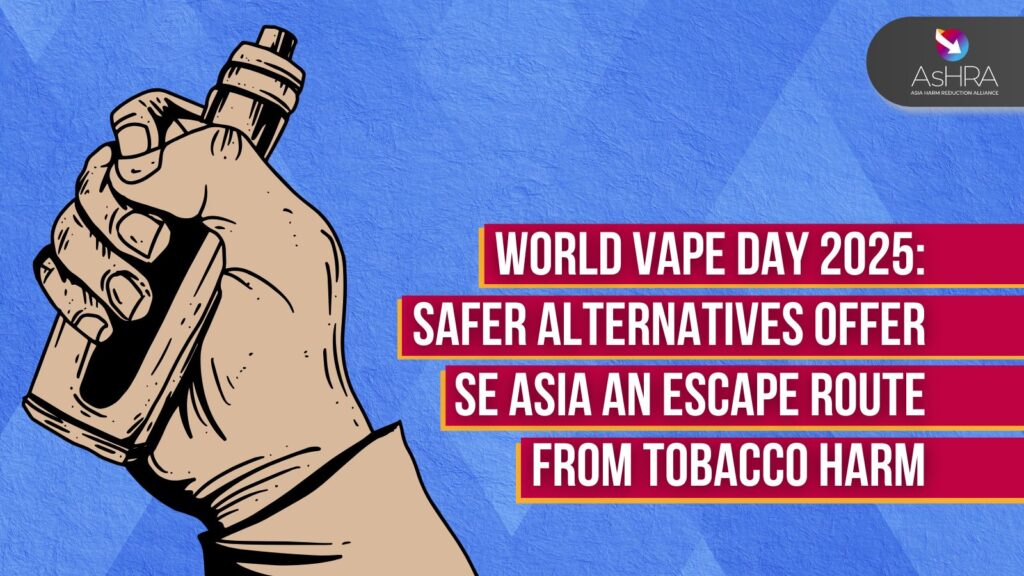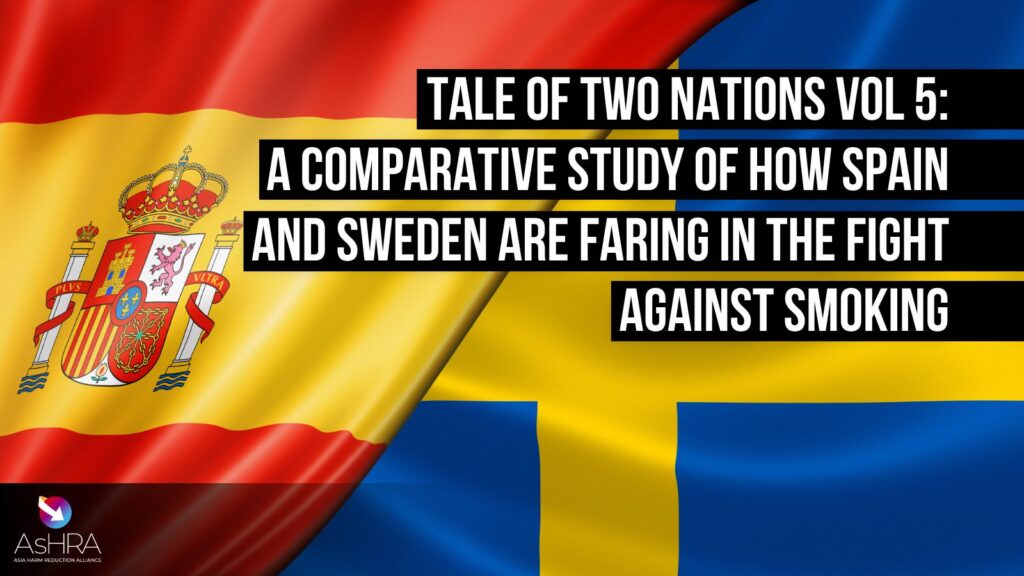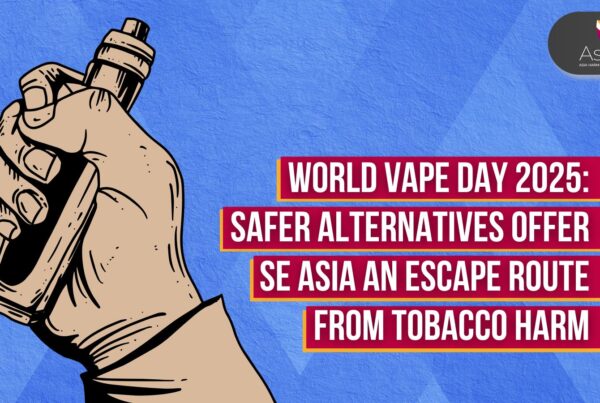The Government of Kazakhstan has joined the list of countries that have prohibited the manufacture, sale, and distribution of electronic cigarettes or Electronic Nicotine Delivery Systems (ENDS) after they recently made a decision to completely ban vape pens, fluids, and flavors.
The global drive to reduce the harm caused by combustible tobacco is a laudable and necessary mission. However, 20 years after the adoption of the WHO Framework Convention on Tobacco Control (FCTC) treaty, several inconvenient truths remain around the global response.
These truths are often overlooked by policymakers because they don’t conform to their narrative or methodology. But until these are taken into account, overly simplistic solutions – such as proposed bans on vaping products in developing countries– will continue to be offered as a blunt and impractical tool for a situation that requires pragmatism and nuance, making meaningful and sustainable change more difficult.

What are these inconvenient truths? The first is that people who smoke are individuals with their own needs and rights, living in diverse circumstances. Policymakers often overlook this, lumping them together into an amorphous group – particularly those living in Asian low and middle-income countries.
Regional variations require local considerations. In India, for example, there are significantly more users of smokeless tobacco, often high-risk non-food grade smokeless tobacco, than cigarette smokers. Traditional cessation services may not work in such an environment and for all tobacco users. The second is that pragmatic approaches are absolutely essential to improve outcomes.
On a global scale, ‘tobacco control’ has, in truth, not proven terribly effective. Over 1.3 billion people in the world still use tobacco. The lack of healthcare infrastructure in many Asian countries makes the scale of the task to reduce tobacco use inherently complex and puts the onus on individuals to reduce their harm and risk. Individuals deserve to have awareness about and access to all options available to them, especially when their own health – and that of their families – is on the line.
Another inconvenient truth is the fallacy that Asian low- and middle-income countries don’t have the regulatory capacity to manage and oversee a market of vaping products and yet somehow will be able to enforce a ban. Such approaches have been proven time and again to lead to thriving illicit markets, which in turn diverts precious resources into fruitless attempts to stop them. Enforcing sustainable regulation is simpler and significantly more beneficial than enforcing prohibition.
Equally irrational is that the proposed prohibitionist policy would apply only to the low-risk alternatives and not to high-risk products (i.e., combustible cigarettes). Restricting access and appeal among Safer nicotine products out of an abundance of caution while leaving deadly combustible cigarettes on the market does not protect public health! On the contrary, it threatens to derail a trend that could hasten the demise of combustible cigarettes, poised to take a billion lives this century.
Such prohibitionist measures may thwart the earnest efforts of adult smokers in Asia trying to quit regular cigarettes by turning to electronic cigarettes. Given rising evidence on vaping products, banning them altogether will drive teens to the black market and send adult smokers back to cigarettes. The intentions of policymakers are generally good, but the truth is that they are often detached from the reality of what is happening on the ground. This is why it is important that the voice of nicotine users in Asia is heard and respected.
Low and middle-income countries in Asia are a heterogeneous and complex assortment of countries. A blunt instrument such as a blanket ban on alternative products will not improve the situation. The most appropriate alternative to bans and prohibition is likely to be a health model with features of harm reduction.
Related Posts
 Time to support Filipino vape law, not relitigate it
Time to support Filipino vape law, not relitigate it
Time to support Filipino vape law, not relitigate it
 Greens’ Plan To Legalise Nicotine Vapes Lauded
Greens’ Plan To Legalise Nicotine Vapes Lauded
Greens’ Plan To Legalise Nicotine Vapes Lauded
 Taiwan Vaping Ban Disappointing For Its Many Smokers
Taiwan Vaping Ban Disappointing For Its Many Smokers
Taiwan Vaping Ban Disappointing For Its Many Smokers
More about
Alcohol Harm Reduction
More about





